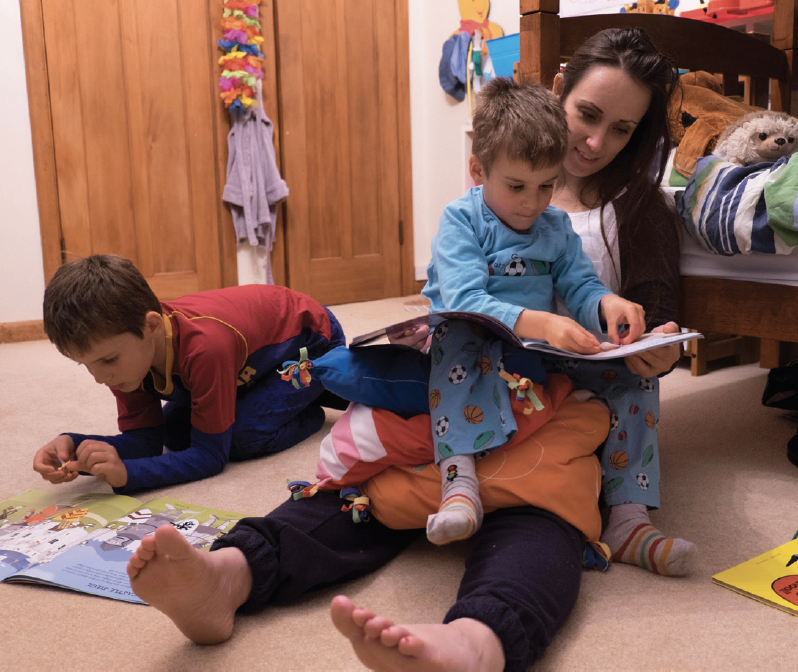
 This is a significant and challenging question because the answer is unknow. Currently, we only know the number of people ‘counted’ as homeless by the Department of Housing. This means that many of the people SVP work with who are experiencing housing distress are not classed as homeless by our current Government. As a result, it means there are limited supports for them to access to improve their living situations.
This is a significant and challenging question because the answer is unknow. Currently, we only know the number of people ‘counted’ as homeless by the Department of Housing. This means that many of the people SVP work with who are experiencing housing distress are not classed as homeless by our current Government. As a result, it means there are limited supports for them to access to improve their living situations.
A report commissioned by the European Commission has criticised Ireland’s homelessness policy. The European Social Policy Network found that there are ‘serious gaps’ in the definition and documentation of homelessness in Ireland, as monthly releases of data do not cover rough sleeping, hidden homelessness, those in long-term supported accommodation or families in domestic violence refuges.
The ‘official’ count of 8,060 people experiencing homelessness in March 2021 does not include over 20,000 individuals and families on the social housing list doubling up with friends or family, often known as the ‘Hidden Homeless’ or the 3,052 women and children in domestic violence refuges but have nowhere to go or the 1000 individuals who have been granted refugee status but cannot find accommodation and so remain in Direct Provision.
Understanding and knowing the extent of people experiencing housing insecurity matters to SVP because without this information, homelessness cannot be prevented. Most people who enter into homeless accommodation do so from a situation of inadequate and or insecure housing. Initiatives to tackle housing need and to minimise the number of people living in these circumstances are crucial to preventing people having to enter emergency homeless accommodation in the first place.
Most European member states use the ETHOS Light Classification of homelessness which has six operational categories: people living rough, people in emergency accommodation, homeless accommodation, those in nonconventional dwellings, people living in institutions, and those living with family and friends due to a lack of housing. Essentially, what ETHOS does is put homelessness into a bigger picture.
ETHOS provides detail about the different categories of homelessness and also includes various categories of people potentially at risk of homelessness. Of the six categories used by other member states, Ireland only calculates its homelessness figures based on two categories, those in emergency accommodation and homeless accommodation such as hostels.
By gathering data under each of the categories listed, through examining existing administrative data from various Government Departments and under taking research, it is possible to generate a more complete understanding of both the current situation in relation to housing need and homelessness. When we have this information, we can then implement policies, legislation and increase investment in social and affordable housing at the scale required to prevent homelessness occurring.
Homelessness and Housing are intrinsically linked. The Social Housing Needs Assessment shows that there were 68,693 households on the waiting list for social housing in 2019. A CSO Analysis of the Housing Assistance Payment (HAP) Scheme indicates that some 57,630 households in need of social housing were accommodated in the private rented sector by the end of 2019.
An SVP and Threshold research report in 2019 showed that HAP is an important short-term support in allowing people access to living accommodation, however, it is not suitable in the long term due to issues arising from affordability and security of tenure in the private rented sector. These are all factors that can lead to homelessness and with ever increasing numbers needing to access HAP to find accommodation it is concerning.
Homelessness has a devastating effect on those that it touches and makes achieving one’s potential a difficult obstacle to overcome. We need to do much more to prevent it occurring in the first place.